Technology significantly reduces production costs and improves efficiency, resulting in increased productivity. This can be observed across various industries. For instance, in 1950, it took 500 to 1,000 workers to produce 10 cars per day in a typical factory. Today, advancements in automation, robotics, and assembly line technologies have enabled the same factory to produce thousands of cars per month with less labor. This pattern of achieving more output with fewer resources applies to nearly every industry, from machine parts, soda cans, agriculture, and more, making production cheaper and more abundant.
However, despite the downward trend in production costs and increased availability, many goods are becoming more expensive in USD terms. Take the example of a can of soda, which costs more today than it did 10 years ago, despite it being easier to produce and more abundant than ever before. This can be attributed to the continuous printing of new money that enters the system at a faster pace than the productivity gains facilitated by technology. When an abundance of money floods the system, it leads to inflation across the board, as "the abundance of money equals scarcity everywhere else." Moreover, printing new money not only artificially inflates prices but also makes debts cheaper to repay. The system is reliant on this ongoing money printing to sustain itself and prevent collapse, as the amount of debt in the system can never be repaid in today's purchasing power.
The important point to grasp is that money printing and inflation will persist indefinitely. If you examine the chart of M2 money supply, you'll observe an exponential increase over time.
So, why should one hold Bitcoin? Because Bitcoin is a limited supply asset that operates independently of the traditional financial system. When you assess Bitcoin's value, you'll notice that everything has become more affordable in Bitcoin terms compared to five years ago, and five years before that, everything was cheaper in Bitcoin terms than it was five years prior. By holding Bitcoin, individuals can benefit from the price reductions that advancements in technology and increased productivity should bring. The inability to fully realize these price reductions in fiat currency is due to the system's reliance on money printing, as the current framework demands perpetual growth for survival. Price decreases are discouraged because they negatively affect GDP and increase debt costs within the system.
Whatever you can buy today with Bitcoin, you will be able to purchase more of in the future using the same amount or even less Bitcoin. While some interpret this as Bitcoin's price increasing in USD terms, it is actually a result of everything else becoming cheaper when measured in Bitcoin. As production becomes easier and more abundant, prices will continue to decrease relative to Bitcoin because Bitcoin's fixed supply prevents inflation from countering the benefits of enhanced productivity, unlike fiat currencies.
This is one facet of Jeff Booth's key premise in his book "The Price of Tomorrow," I hope I did good job of concentrating it and making it understandable.
[link] [comments]

You can get bonuses upto $100 FREE BONUS when you:
💰 Install these recommended apps:
💲 SocialGood - 100% Crypto Back on Everyday Shopping
💲 xPortal - The DeFi For The Next Billion
💲 CryptoTab Browser - Lightweight, fast, and ready to mine!
💰 Register on these recommended exchanges:
🟡 Binance🟡 Bitfinex🟡 Bitmart🟡 Bittrex🟡 Bitget
🟡 CoinEx🟡 Crypto.com🟡 Gate.io🟡 Huobi🟡 Kucoin.



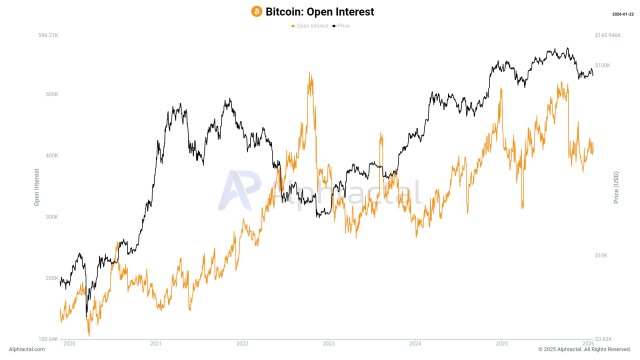
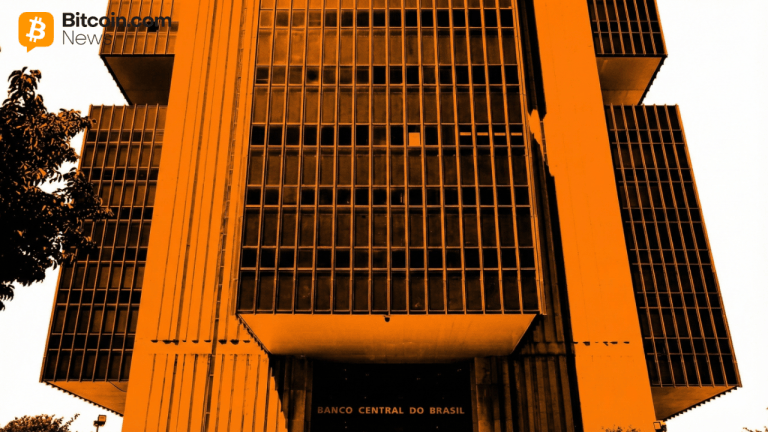

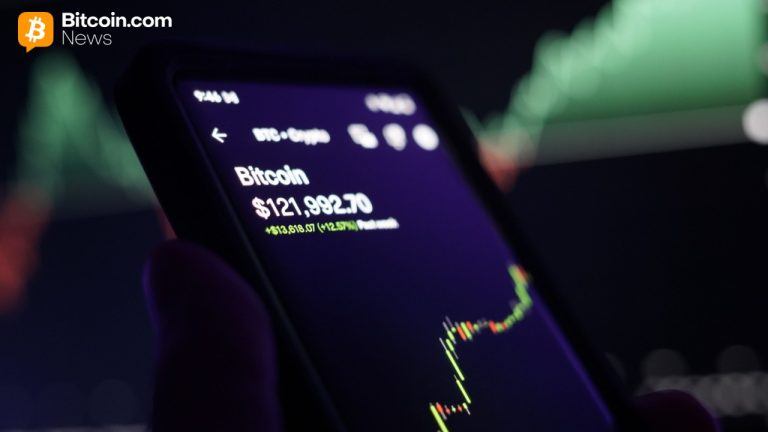


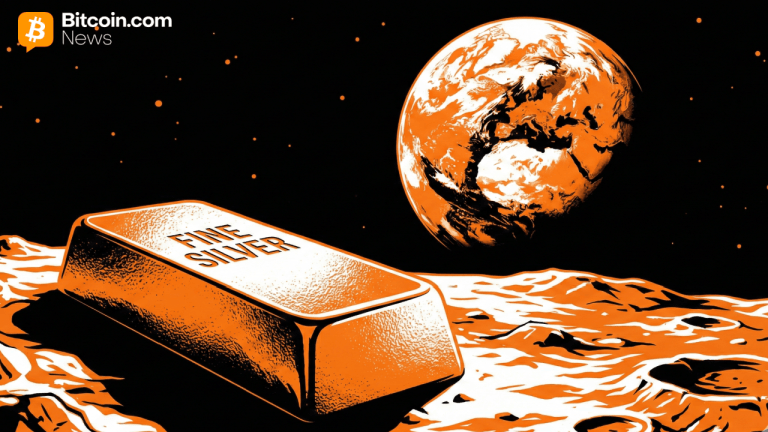
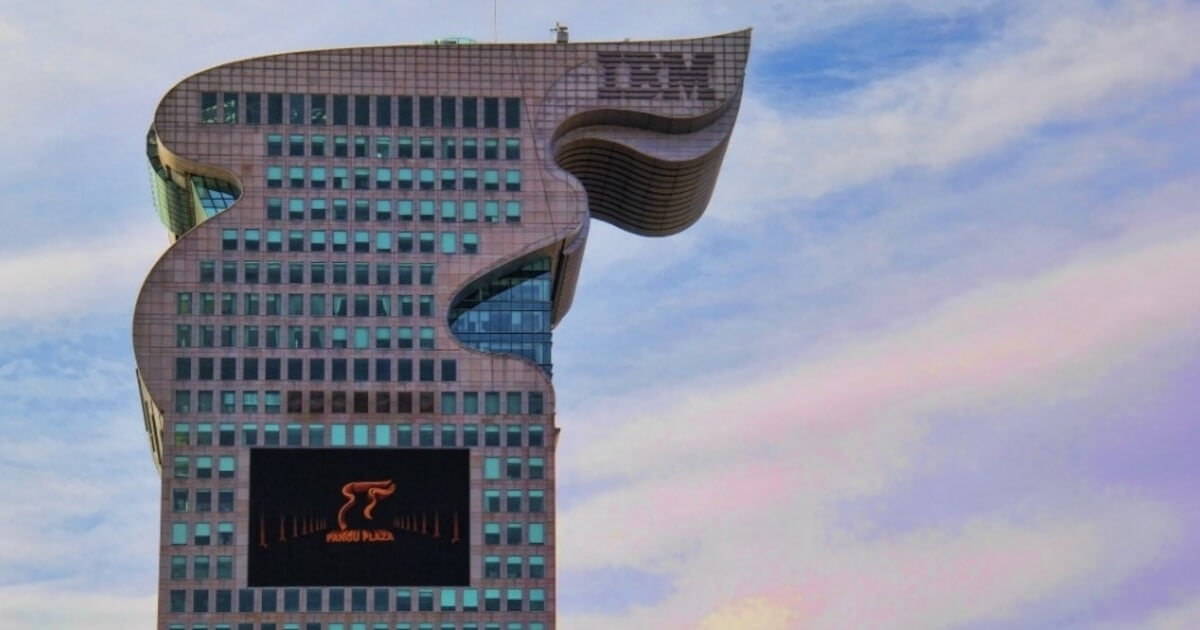

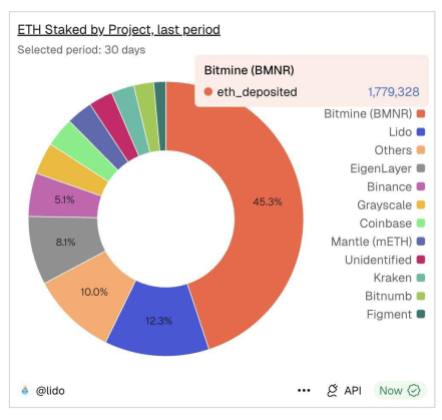






Comments